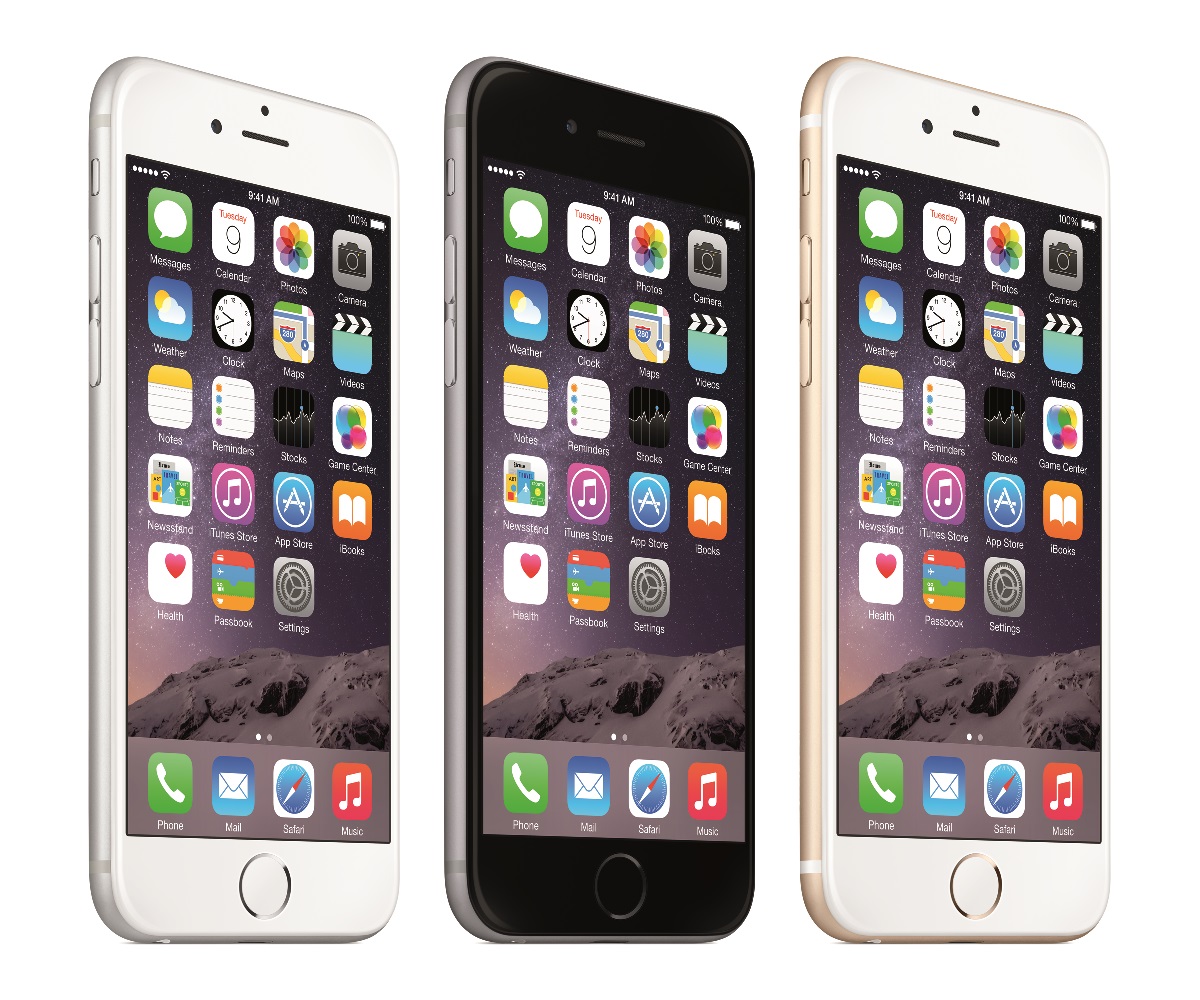Companies and Brands
Is Apple Missing Out on Half-Billion Unit Dual-SIM Phone Market?
Published:
Last Updated:

In a research report released Thursday, Strategy Analytics estimates the 2015 market for dual-SIM phones at 431 million units, rising 19% to 514 million in 2016. Dual-SIM (SIM is an acronym for Subscriber Identity Module) phones are big sellers in some markets, according to Strategy Analytics director Linda Sui:
Dual-SIM smartphones with two or more SIM card slots, such as the Samsung Galaxy S5 Duos, are wildly popular in cost-conscious markets like India and China. Dual-SIM smartphones are popular [there] because they allow consumers to select the cheapest tariff rates for voice or data plans, as well as access better cellular coverage without roaming charges, while removing the extra cost of owning multiple handsets for personal or business communications.
The key to the scarcity of dual-SIM phones in the United States is contained in Sui’s comment about allowing consumers to select the cheapest rates. Nearly all smartphones sold in the United States are locked to a single carrier, such as Verizon, AT&T, Sprint and T-Mobile, to name the large ones. The carriers do not want consumers to be able to switch to another carrier to take advantage of cheaper rates.
ALSO READ: New Changes to UBS Quality Growth at a Reasonable Price List
Apple, which exercises nearly total control of its hardware and software ecosystem, is probably even less interested in producing a dual-SIM phone. One analyst recently projected that Apple will sell 225 million iPhones in 2015 and 226 million in 2016. Apple also nabbed 92% of total first-quarter 2015 operating income among the top eight smartphone makers. The company is not interested in selling cheaper phones that customers can fool with — that could foul up the ecosystem and alter the company’s focus on being a premium smartphone maker with extravagant profit margins.
So while Strategy Analytics thinks that Apple is missing out on a huge opportunity in the dual-SIM market, it does not seem likely that Apple will jump in anytime soon.
Credit card companies are pulling out all the stops, with the issuers are offering insane travel rewards and perks.
We’re talking huge sign-up bonuses, points on every purchase, and benefits like lounge access, travel credits, and free hotel nights. For travelers, these rewards can add up to thousands of dollars in flights, upgrades, and luxury experiences every year.
It’s like getting paid to travel — and it’s available to qualified borrowers who know where to look.
We’ve rounded up some of the best travel credit cards on the market. Click here to see the list. Don’t miss these offers — they won’t be this good forever.
Thank you for reading! Have some feedback for us?
Contact the 24/7 Wall St. editorial team.